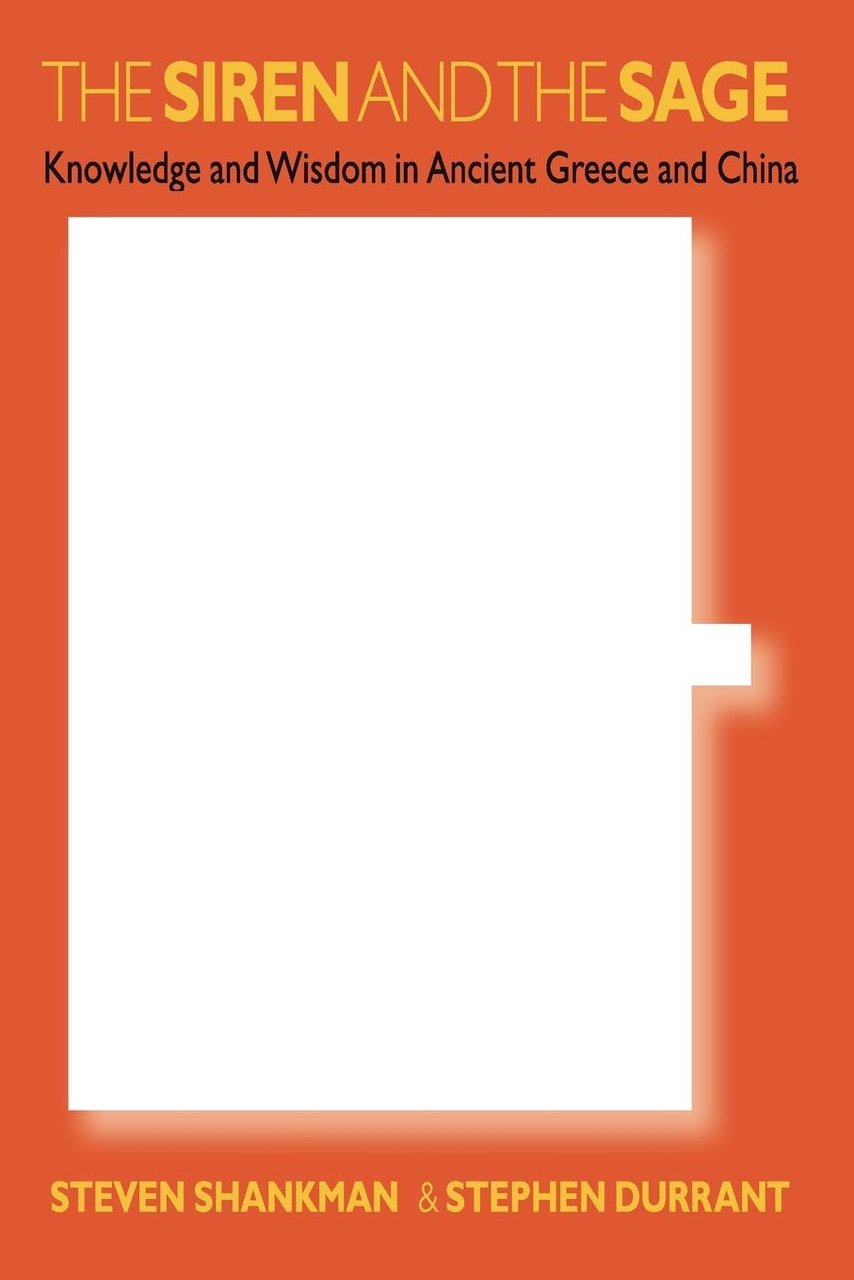The Siren and the Sage: Knowledge and Wisdom in Ancient Greece and China
The Siren and the Sage: Knowledge and Wisdom in Ancient Greece and China
Payment methods
- PayPal
- Credit card
- Bank transfer
- Pubblica amministrazione
- Carta del Docente
Details
- Author
- Shankman Steven
- Publishers
- Wipf and Stock 2003
- Keyword
- CINA China Chine
- Binding description
- S
- Dust jacket
- False
- State of preservation
- New
- Binding
- Softcover
- Inscribed
- False
- First edition
- False
Description
8vo, br. ed. pp.268. The cultures of ancient China and ancient Greece have exerted immeasurable influence on later civilizations. The texts and cultural values of classical China spread throughout East Asia and became the foundation of learning in Korea, Japan and Vietnam. Greek learning and culture receive credit for many of the intellectual paradigms of the West. Probably the one which is most distinctly Western is the tradition of logical proof and the related assumption that, as Aristotle put it in 'Metaphysics' 980, 'we all desire to know.' In contrast, the Chinese tradition, as exemplified by Laozi's 'Dao de jing,' cautions that through our desire to know we may forfeit wisdom, thus engendering a split between knowledge and wisdom. 'The Siren and the Sage' is a comparative study of what some of the most influential writers of ancient China and ancient Greece thought it meant to know and whether they distinguished knowledge from wisdom. It surveys selected works of poetry, history and philosophy from roughly the eighth through the second centuries BCE, focusing on the 'Odyssey,' the ancient Chinese 'Classic of Poetry,' Thucydides' 'History of the Peloponnesian War,' Sima Qian's 'Records of the Historian,' Plato's 'Symposium,' Laozi's 'Dao de jing' and the writings of Zhuangzi. The intention, through such juxtaposition, is to introduce foundational texts of each tradition, texts which continue to influence most of the world's peoples. It is intriguing to ask what awareness, if any, these distinctive cultures had of each other. A considerable body of scholarship comparing ancient Greece and ancient China now exists. Scholars are presenting evidence that the two cultures may actually have been aware of each other's presence, even though that awareness was presumably indirect, perhaps mediated by the nomadic peoples of Central Asia. While not directly contributing evidence, the authors argue that comparing the cultures of Greece and China will continue to be an irresistible and important scholarly debate. The book offers a provocative study which is accessible to students and general readers and at the same time contributes to the debate.

